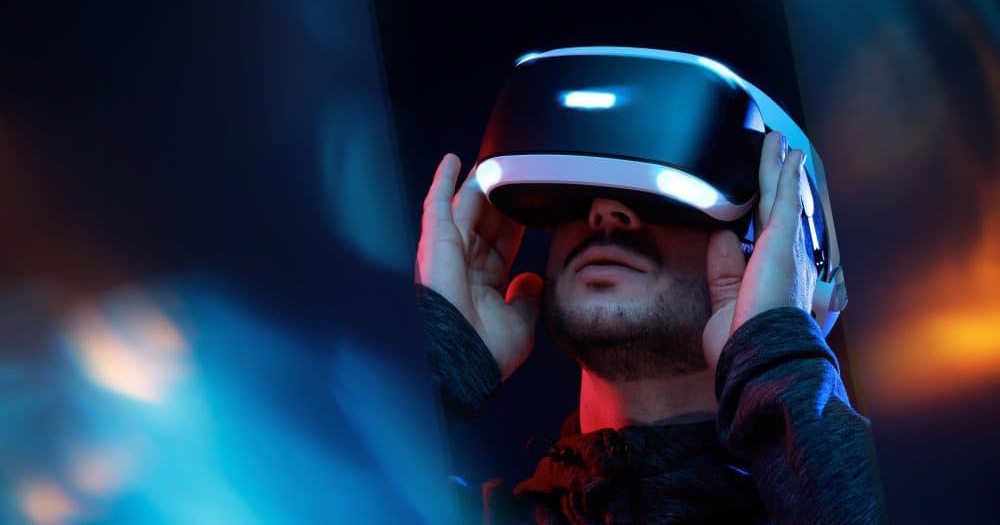VR study shows how pain and fear weaken sense of body ownership

Ever felt like you're not quite in your own body? That strange, ghostly sensation of watching yourself from the outside? Scientists may have just gotten closer to explaining why. A new study out of Japan dives into how pain and fear in virtual reality mess with our sense of body ownership — the gut feeling that our body is truly ours.
Kazuki Yamamoto, lead researcher on the project, puts it simply: "We investigated how interpreting the virtual body as one's own body, while in a negative physical state, affects this illusion." It's a fresh take on how the brain draws the line between self and not-self — and how easily that line can blur.
How does it work?
The experiment used a clever trick called the full-body illusion (FBI). Here's how it went down:
- Participants saw a virtual body in VR.
- That virtual body was stroked in sync with their real body — sight and touch lined up.
- This combo usually fools the brain into thinking, "Hey, that virtual body? That's mine."
It's a classic case of "bottom-up" processing — where the brain builds its perception based on sensory signals from the body. But the researchers didn't stop there.
They added a twist:
- Participants were asked to imagine the virtual body was in pain — stomach pain, specifically.
- Then came the kicker: a virtual knife stabbed the VR body. Talk about a jolt to the senses.
By measuring the participants' skin conductance — basically, how much their body flinched in fear — the researchers could see how strongly people felt that the VR body was their own.
Turns out, the illusion got weaker when the virtual body was imagined to be in pain. The more someone leaned toward depersonalization tendencies, the less they felt the body was theirs.
Why does it matter?
This isn't just a parlor trick with VR goggles. The findings speak volumes about how the brain protects us — sometimes by pulling away.
- When the body (even a virtual one) is in distress, the brain may distance itself.
- That detachment might be stronger in people already prone to feeling disconnected from their bodies — like those with depersonalization-derealization disorder.
It could explain why people experiencing chronic pain or trauma often describe feeling numb, cut off, or like a stranger in their own skin.
As Yamamoto points out, "This research can possibly relate to depersonalization, a condition where people struggle to feel their body as their own."
The context
Depersonalization isn't just a mind trip. It's a real and distressing condition affecting countless people worldwide. You might think of it as a glitch in the brain's body mapping system. This study shows that psychological filters — what researchers call top-down factors — play a huge role.
- Prior experiences, emotional states, and expectations can override raw sensory data.
- It's not just what you see or feel — it's what your brain believes.
In a world where mental health and neuroscience are finally getting the spotlight they deserve, studies like this peel back another layer of the mind-body mystery.
So next time someone says they feel "disconnected" from themselves — believe them.
💡Did you know?
You can take your DHArab experience to the next level with our Premium Membership.👉 Click here to learn more
🛠️Featured tool
 Easy-Peasy
Easy-Peasy
An all-in-one AI tool offering the ability to build no-code AI Bots, create articles & social media posts, convert text into natural speech in 40+ languages, create and edit images, generate videos, and more.
👉 Click here to learn more


